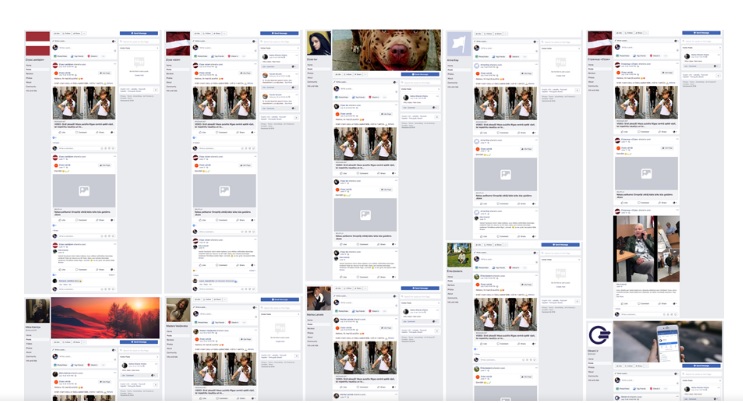That same incident has now been examined by the Atlantic Council's Digital Forensic Research Lab, which adds very interesting information about the ways in which the story was disseminated by Facebook pages that appear not to represent real individuals at all.
"Some of the pages impersonated people with Latvian names. However, the key detail was the prevalence of Facebook pages, as opposed to Facebook user accounts. Both are similar in appearance, but users can run more than one page. In other words, pages could imitate real people (users) with Latvian photos and names," the analysis says.
The analysis also sheds some light on the ownership of the schlock news site in question and the possible motivations of those prepared to stoop to the very lowest levels in the name of clickbait.
You can read the full analysis by Nika Alekseyeva at the DFR Lab blog page.
This week, the Latvian website Redzams reproted the alleged collapse of the “Alffa” shopping mall in Riga claiming hundreds of casualties.
— DFRLab (@DFRLab) July 21, 2018
The report turned out to have some inaccuracies, to say the least. Read more in our #BalticBrief: https://t.co/k9R6GWT40H
However, it is unclear whether the motivation for running the fake news story was purely a desire to attract as many clicks as possible or perhaps some other reason. With parliamentary elections due in October, officials are in watchful mood in case social media might be used in an effort to engineer some sort of panic as polling day approaches in order to affect the outcome.
It remains a matter of speculation who might stand to gain from such action and who has a track record in disrupting the democratic process by means of social media interventions using bogus accounts and fake news stories.


























